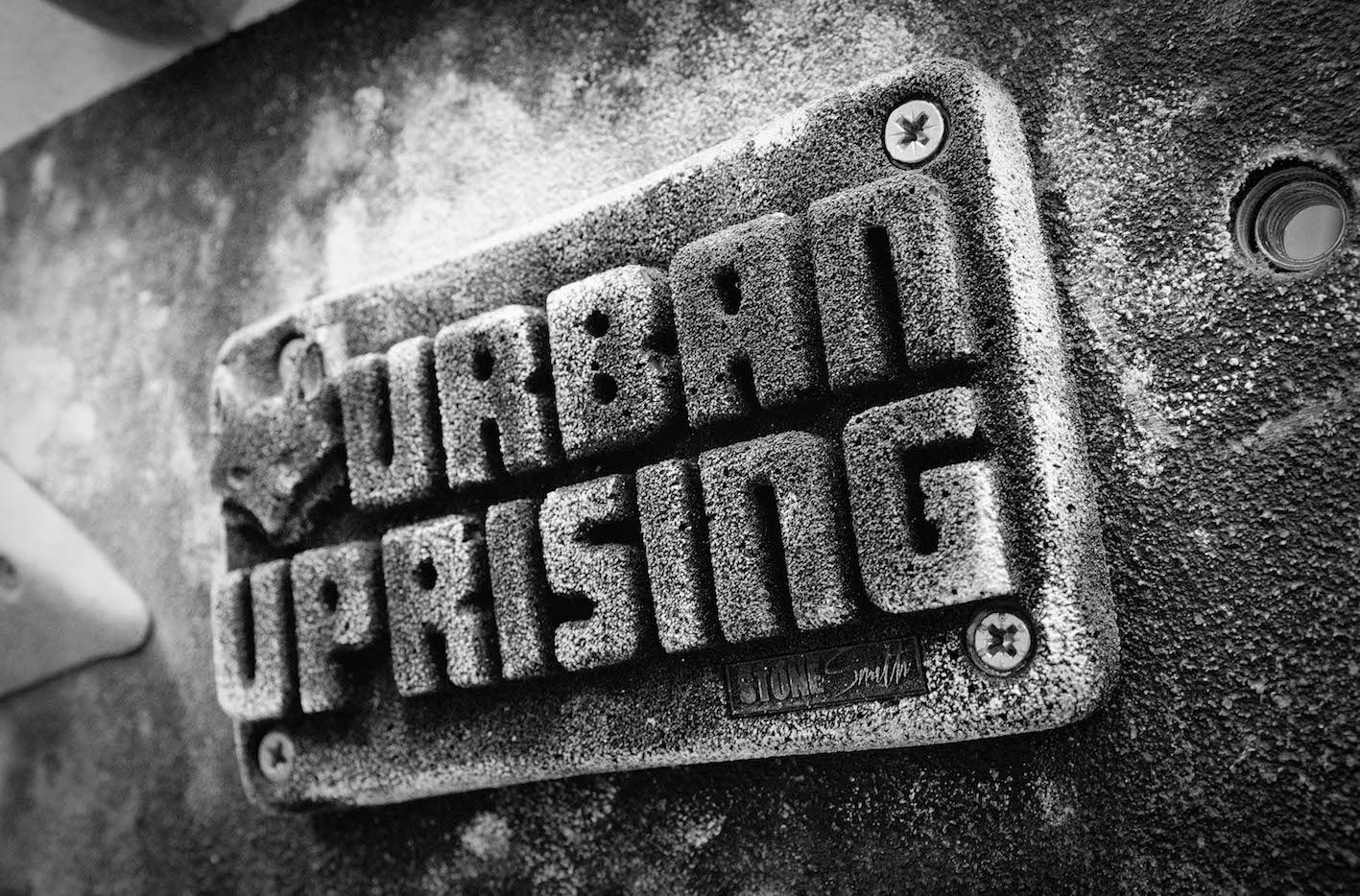Society is changing - let’s help steer it in the right direction
- ben6653
- May 8, 2020
- 4 min read

During February 2020, I don’t think any of us could have imagined how turned upside down our lives would be from March onwards. A dark cloud has come over us but brighter times could lay ahead.
Every cloud has a silver lining, and in this case, it is hope of long lasting positive social change. By this I mean changes in human interactions and relationships that transform cultural and social institutions which have profound and long-term consequences for society.
As we try to move towards a way out of this crisis, which is currently puzzling everyone, it has many of us thinking that most likely nothing will quite be the same again. It is sometimes hard to see the positives when we can see so much emotional and financial pain happening all around us. However, if we look hard enough, there are opportunities for positive change emerging and, if we grab and run with them as a society, we could see great things happen.
What would you like to see changed in our society? Imagine you had a magic bell and each time you rang it you would create a change you want to see. That would be a great thing to have wouldn’t it?!
We don’t have a magic bell but we do have an opportunity and the power to change things. Historically, the biggest changes in society have been people powered and not led by governments. Like the Civil Rights Movement in America, which was a decades-long struggle by African Americans to end legalised racial discrimination, disenfranchisement and racial segregation. This movement was people powered at a grassroots level and organised. Most people have an awkward relationship with power. Many don’t like the idea of it and many think it is a negative thing. But as Martin Luther King Jr said “Power is neutral. It is merely the ability to achieve a purpose". The word power comes from the latin potere, which means ‘to be able’. You can see the connection in Spanish in the word for power, which is poder, this is also the verb for ‘to be able’. It is the general public in societies that have real power, but we often don't realise it or don’t know what to do with it. People often think power lies with politicians. They are merely renting it. We own it.
So that leads me back to the question - what would you like to see changed in our society? It is clear the coronavirus crisis has already instigated changes in our behaviour. For example, there has been a surge in kindness with hundreds of thousands stepping forward to volunteer and help people they don’t even know. The situation has stripped things back and highlighted what really matters to our species, like connection to others, love, compassion, fairness, kindness, connection to nature, and having a life with purpose and passion.
I personally would like to see this trend of volunteering and helping others continue and I would love it if we took the opportunity to simplify things and create a new culture with a greater focus on connection to each other and to the natural world.
It is good to see this kind of thinking is happening in Scotland at a national level as some of Scotland’s leading academics, scientists and medics have established a group (the Post Covid-19 Futures Commission) to support “a positive future” beyond the coronavirus crisis. The group brings together different areas of society to identify and address issues raised by the outbreak. which includes representatives from the voluntary sector, business, faith, media, culture, government, public service, economy and enterprise, environment, health and education organisations.
Rebekah Widdowfield, RSE chief executive, who is part of the commission said “In some ways, the questions we ask in the aftermath of Covid-19 could be more important than those we pose in the present. The upheaval brought on by a global crisis, while overwhelming, can also be an opportunity to learn important lessons and build a more resilient and fairer society informed by evidence, expertise and public dialogue.”
Rebekah talks about public dialogue, and this is where we all come in. Public dialogue creates a public narrative and public narratives are a huge part in forming government policy. The grassroots can, and has in the past, created new public narratives which have changed society. If the dominant public narrative is one of connection to others, love, compassion, fairness, kindness, connection to nature, and having a life with purpose and passion, then positive social change has a good chance.
The virus does not discriminate and, in some ways, it has leveled the playing field between us all but it has also highlighted the extreme inequality in our society. With being forced into a state of flux and big questions coming to the surface, we can take this opportunity and collectively ring the bell for positive societal change. We need to realise we have the power to do that and we need to get organised at a grassroots level.
We are much more effective when we do things with others than alone. There are lots of organised groups out there doing great things. Find a local organisation that has a vision you believe in, contact them and get involved.









Comments